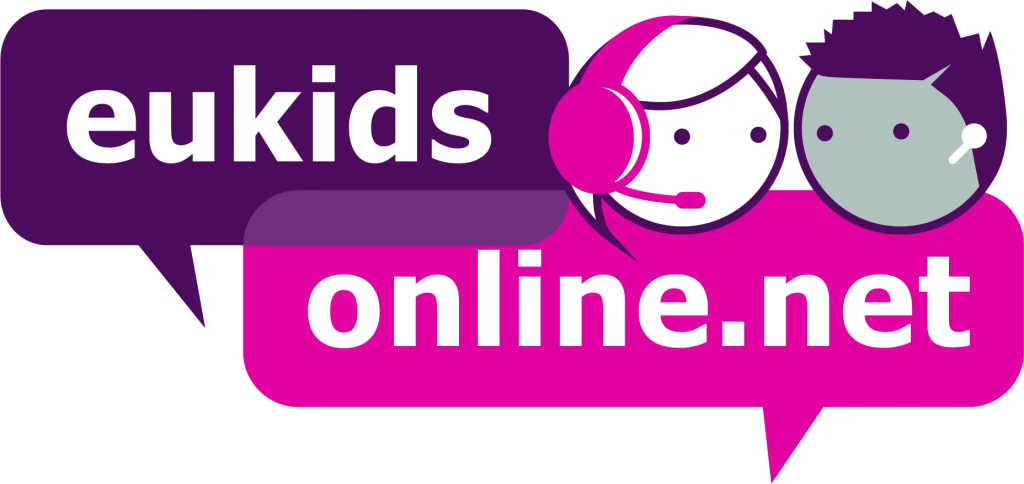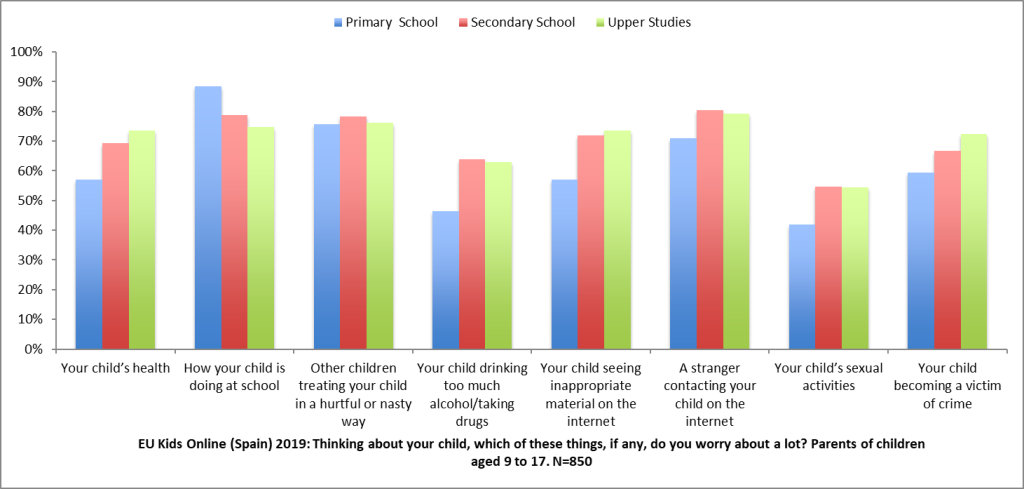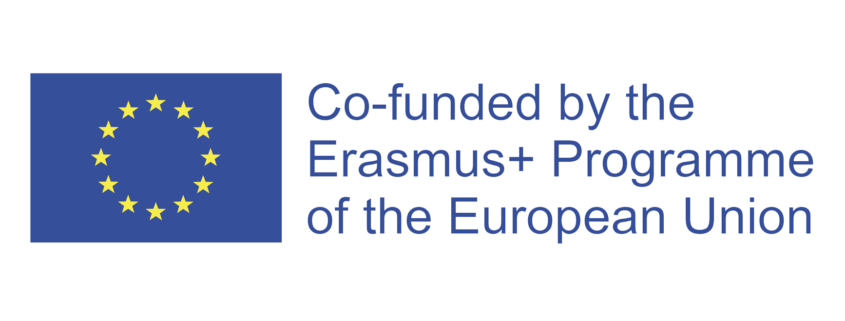The European research network EU Kids Online (EC’s Better Internet for Kids), is currently comprised by 34 countries. Since its creation in 2006 this research network has contributed with a solid base of empirical evidence to enhance knowledge of the European children´s online opportunities, risks and safety. Given the accumulated expertise of the network and its eminent role as an actor providing solid empirical evidence for multi-stakeholder processes on the European as well as on the national level, the network teams of the EU Kids Online network, collaborated between autumn 2017 and summer 2019 to conduct a major survey of 25,101 children in 19 European countries to expand the evidence on international level. The report, EU Kids Online 2020: Survey results from 19 countries, maps the internet access, online practices, skills, online risks and opportunities for children aged 9–16 in Europe.

The EU Kids Online network, gives special importance to the role of the family as a key mediating agent to maximise children’s online opportunities and minimising the risks (harm) while engaging with their activities and empowering their agency. The first country that published results of the second wave of the family’s survey (2017-19) was EU Kids Online Spain (University of the Basque Country). Recently, Ireland, in collaboration with the National Advisory Council for Online Safety has also published a new report. This post summarises the main findings contained in the last report published by EU Kids Online Spanish team (SIC-Spain/University of the Basque Country). It allows us to compare the new results with the previous ones from 2010 from other European countries, trying to detect how different socio-technological changes have been taken on board by families and how this can be linked to children’s (digital) well-being and safety.
The European Union has promoted successful and nationally coordinated actions of different stakeholders focused on a safer and better Internet for children and the role of families on this matter, and so have national initiatives such as Pantallas Amigas, which main mission since 2004 has been promoting a safe and healthy use of the Internet and other ICTs, as well as promoting a responsible digital citizenship among children and adolescents. Pantallas Amigas has recently organised a conference (Ciudadanía Conectada 2021) focused on “Children’s rights and parental mediation in the digital context” within the framework of the SIC-SPAIN 2.0 project, with the support of Fundación MAPFRE, Google, Twitter and the institutional support of INCIBE. During this event, different stakeholders discussed their concerns regarding factors and actors that might affect Spanish and European family´s digital experiences.
Digital parenting processes in the Spanish families, like in other European families, are mixed between the online and offline worlds. Eager to offer “the best” to their children, Spanish parents are facing a challeging and difficult task. Their digital practises and decisions come about from old fears and shaped by socioeconomic and educational differences leaving some families in digital disadvantage. Parents often come under fire due to social pressure, mostly because of unfair criticism, particularly about their refuted digital incompetence.
Nonetheless, the majority of Spanish parents far from seeing themselves as “digital immigrants”, rate themselves as highly digitally skilled individuals. A progress can be appreciated in the development of the families’ digital skills where all parents, particularly those from families with a higher level of income and education who outperform children’s skills in the five areas of digital competency . In short, they are becoming more savvy. However, parents with the lowest level of income and studies state a great lack of self-confidence using the Internet compared with the rest of the parents, and also judge themselves to be at a huge digital disadvantage compared to their children.
The greatest concern for Spanish parents (79%) is that a stranger might contact their child,and close behind is their children´s school performance (78%) or being bullied (77%).Despite the stranger-danger being hotly debated and a rather controversial issue, this shows a discrepancy with the children saying they don’t see negative consequences when contacting or meeting with people they hadn’t met before, probably seeing it as an opportunity to socialise.
It calls the attention that what their children do online using their phone or other devices is a less frequent cause of conflict than how long their children are online. As research suggests, this shows that Spanish parents might be receiving contradictory advice, which leads them to over worrying about the time their children are spending online rather than focusing on what they are actually doing online. Parents’ awareness of their children’s risk exposure is also quite moderate, particularly low regarding their younger children, and probably unrealistic if compared with previous children’s answers. Contact with strangers, coinciding with their main concern, is the risk that parents consider the most frequent among their children.
Spanish parents, contrary to 2010 findings, show a general preference for more communicative and engaging enabling strategies, which are associated with more online opportunities for their children, rather than restrictive rules linked to fewer opportunities. Nonetheless, it is especially noteworthy that two specific enabling strategies like sharing online activities or encouraging them to learn things on the Internet are the least practised by Spanish parents. Evidence shows that parents’ higher levels of skills are linked to more engaging mediation strategies (enabling) increasing their children’s (digital) opportunities. Those who judge themselves as less skilled do tend to restrict their children’s activities more at the cost of reducing the digital benefits. This leads us to think that Spanish families, and specifically those with fewer resources whose situation of vulnerability has been especially aggravated by the pandemic, do need special attention by the stakeholders in charge of promoting a safer and better Internet as well as equal conditions of opportunities for children.
Might these results be a good re-starting point to re-think on how to empower Spanish and European parents’ own digital confidence to achieve more positively digitally orientated parenting processes in benefit of their children’s wellbeing.



